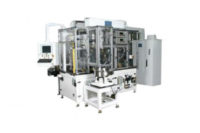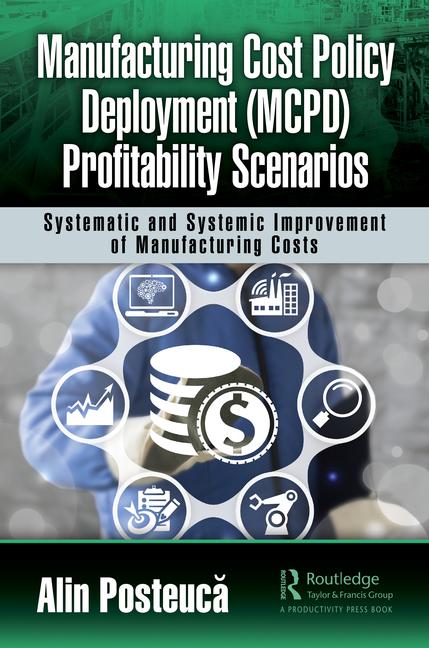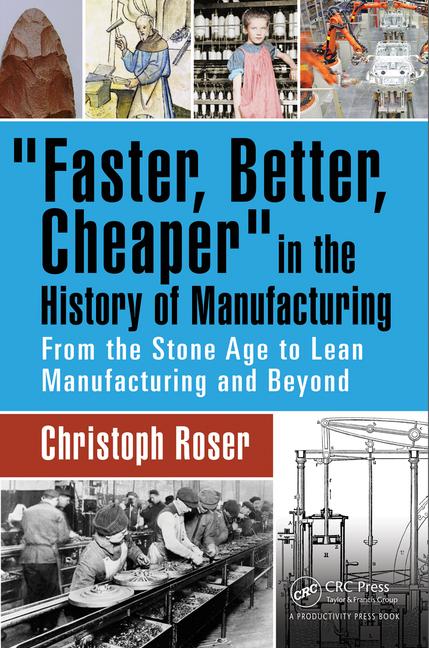All four of my grandparents were European immigrants. Two came from southern Italy; one from Poland; another from Ireland. They were poor with no skills and little or no education. They became a shoemaker, a baker, a sewer worker, and a full-time mom.
Collectively, they had six children and 12 grandchildren. Three of the children went to college. One became a multimillionaire. He started his own company that today employs hundreds of people. Nine of the 12 grandchildren went to college. Two even have master’s degrees. All are gainfully employed, own their homes, and are working towards putting their own children through college.
This is the promise of America. So when I hear the overheated rhetoric regarding immigrants today, I feel sad and angry. My grandparents didn’t come to this country looking for handouts. They came to escape fascism and poverty. They wanted better lives—lives they couldn’t achieve in their home countries. They just wanted to work, even if it meant kneading dough before dawn, climbing down a manhole, or having fingers permanently stained from shoe polish.
Today’s immigrants are no different. They just want work and are grateful for whatever they can get.
A new study by the Fiscal Policy Institute confirms just that. Refugees in the United States, some 15 percent of whom work in manufacturing jobs, stay in those jobs longer than do other employees.
Commissioned by Tent, a nonprofit organization dedicated to helping businesses support refugees, the study examined employment trends in four areas that are major sites of refugee resettlement: Atlanta, Phoenix, upstate New York and central Nebraska. The study found that the average turnover rate for refugees at manufacturing companies was just 4 percent, far below the 11 percent rate for all employees. Across industries, 73 percent of the employers surveyed reported a higher retention rate for refugees than for other employees.
Manufacturing is a key industry for refugees because such jobs typically require less fluency in English. The jobs held by refugees are often not the higher-wage, more-skilled manufacturing jobs, such as in the auto industry, but rather positions in plants that assemble furniture or mold plastic, where compensation may be near minimum wage, according to the report.
A high retention rate is important. A stable workforce can save a business thousands of dollars. According to a 2012 study by researchers at the Center for American Progress, replacing a worker typically costs a business about one-fifth of that worker’s annual salary. That translates to $5,200 for a worker earning $13 an hour. If a business doesn’t have to spend that money, it can invest in translation services, help with transportation, or other ways of helping refugees integrate into their workplaces.
Today’s migrants only want what my grandparents wanted a century ago: work, opportunity, freedom, peace. Only their countries of origin have changed. Therein lies the reason for the rhetoric.









